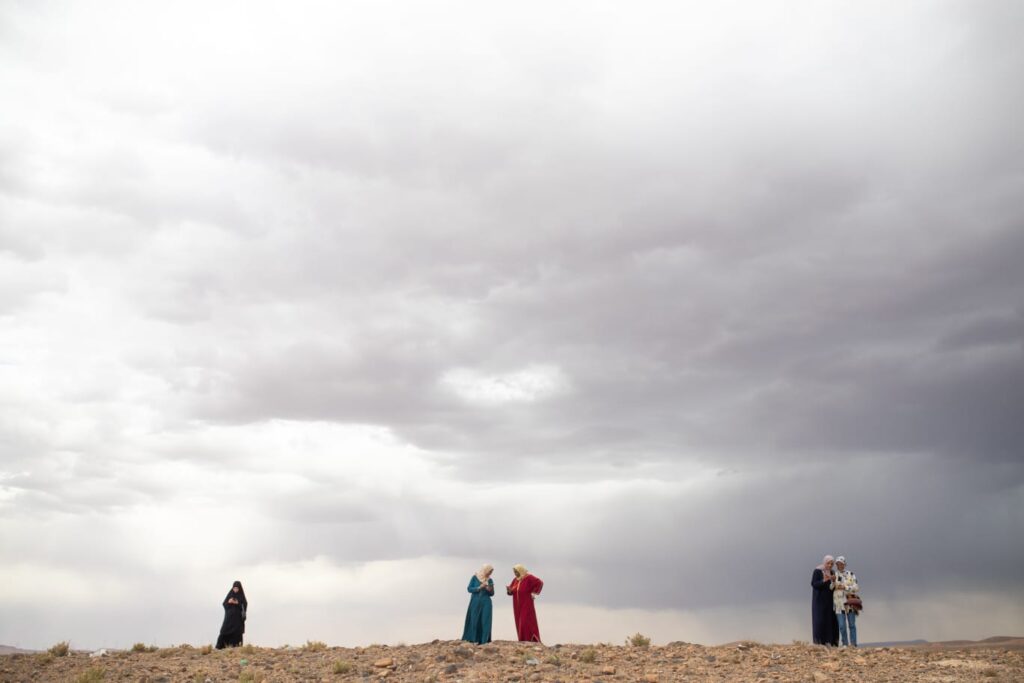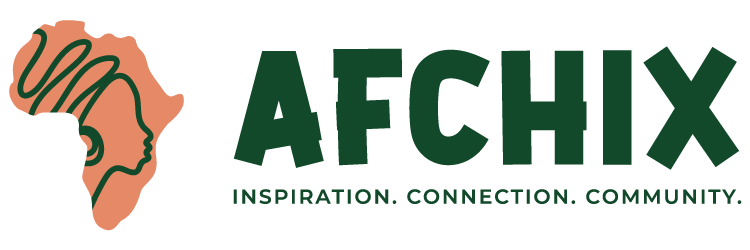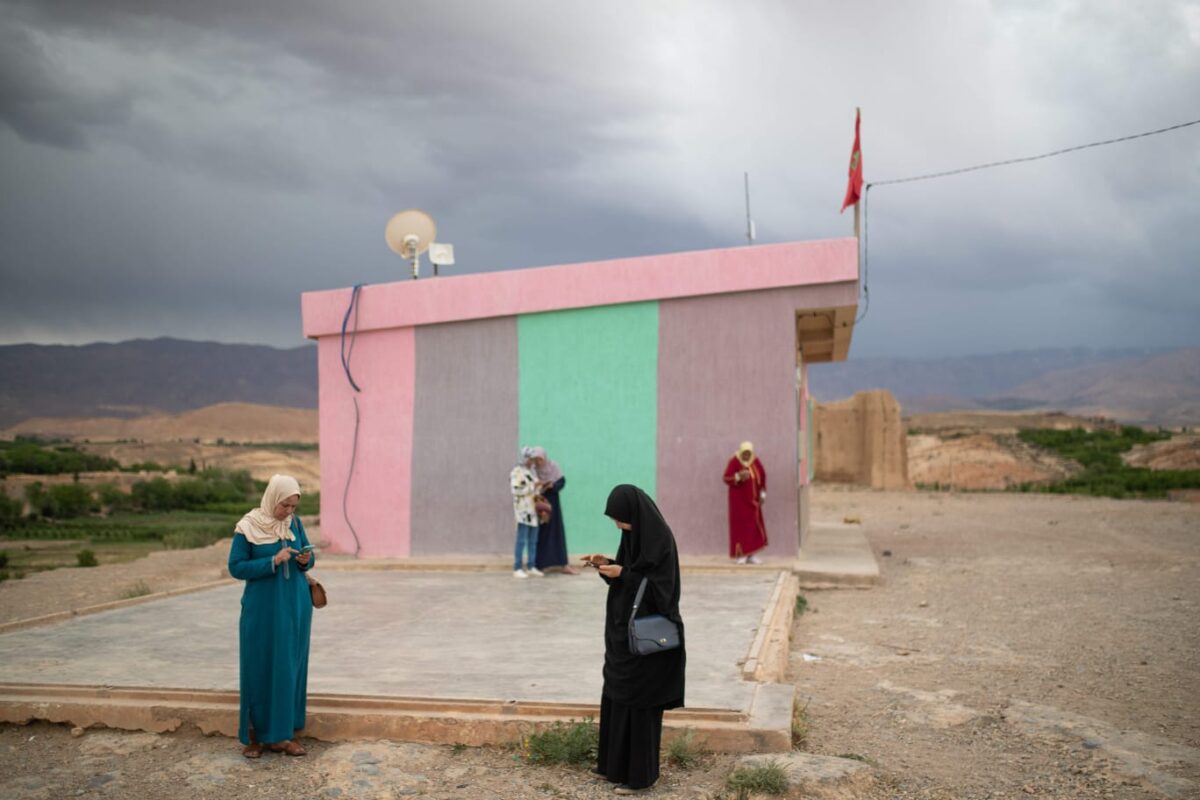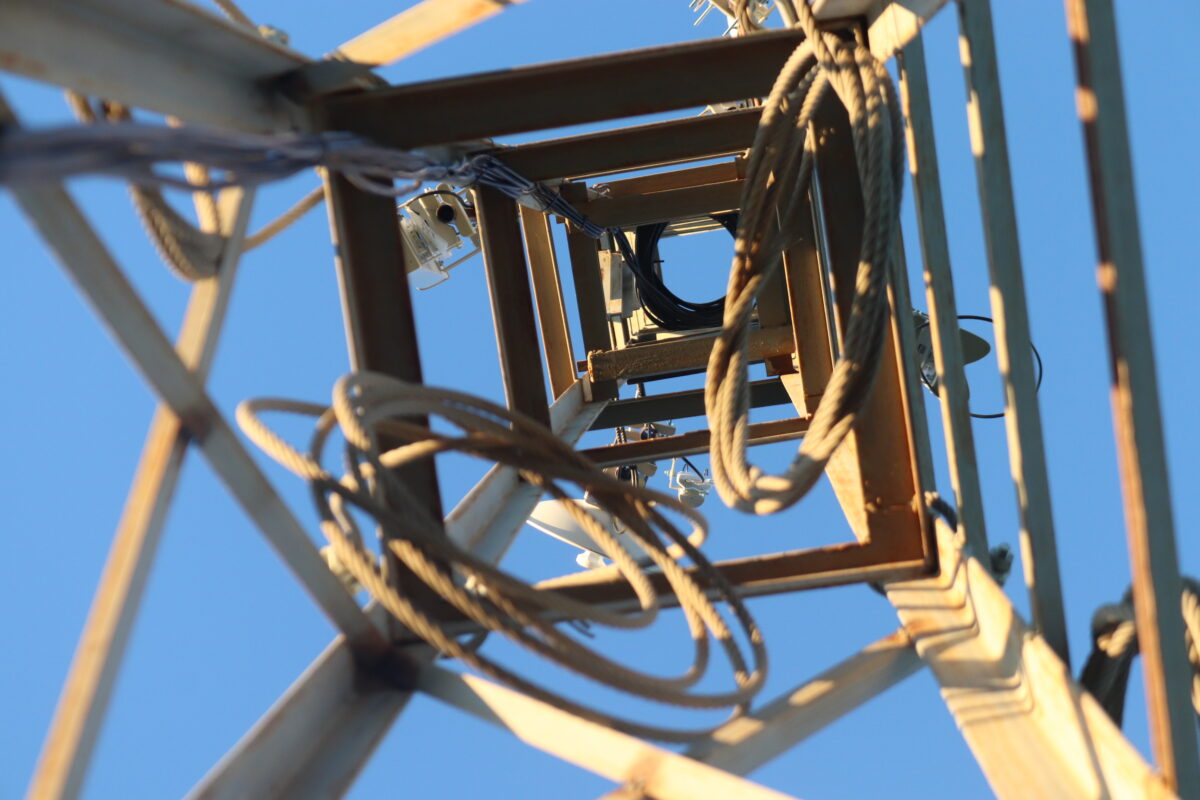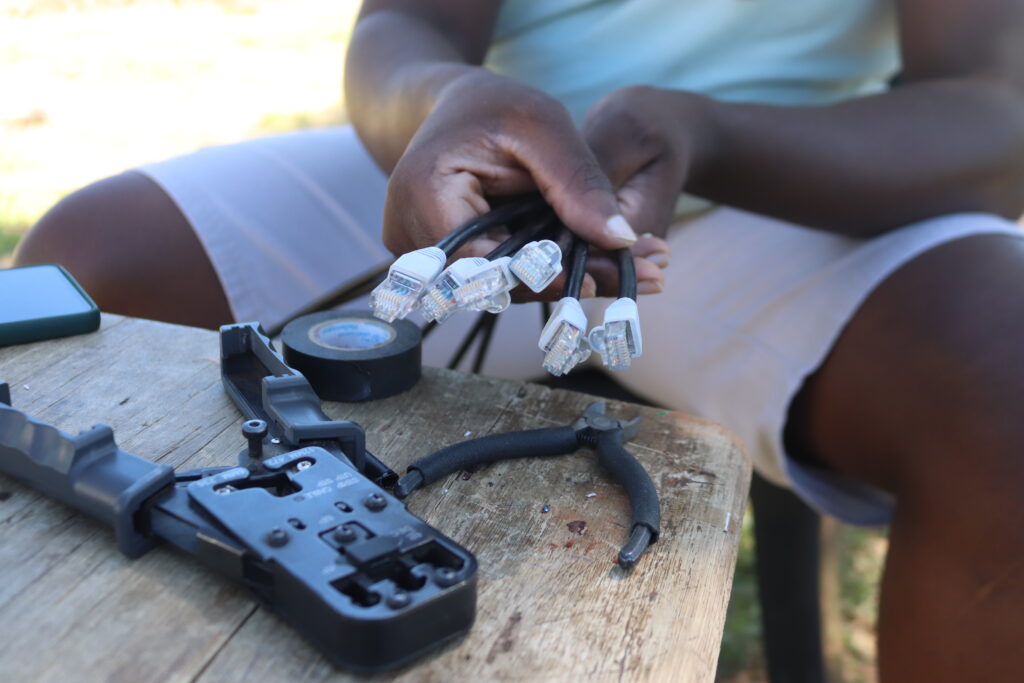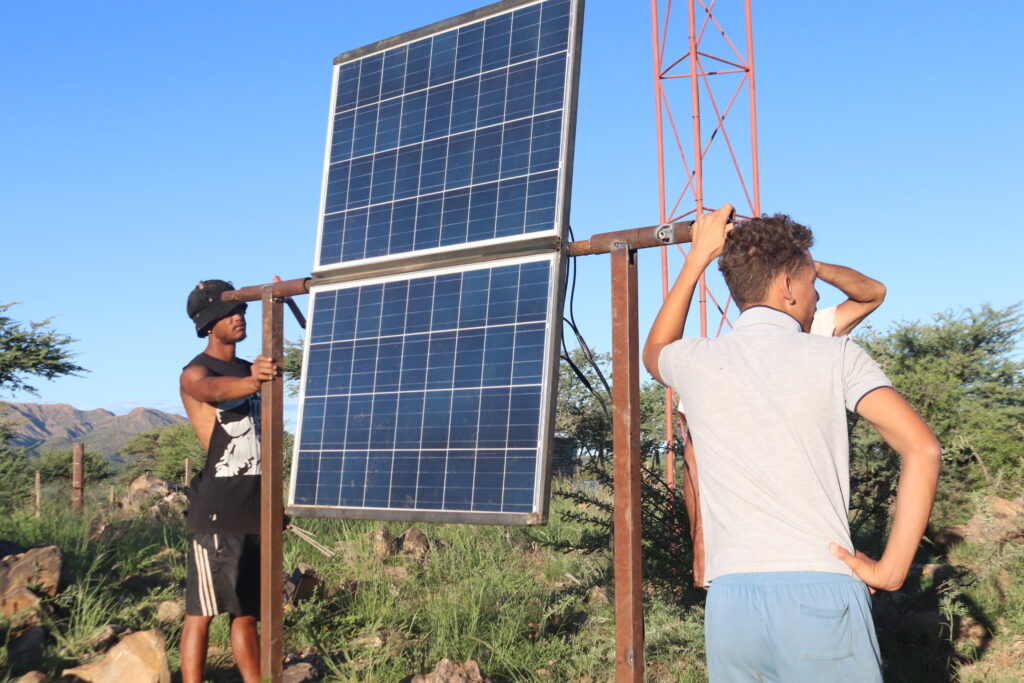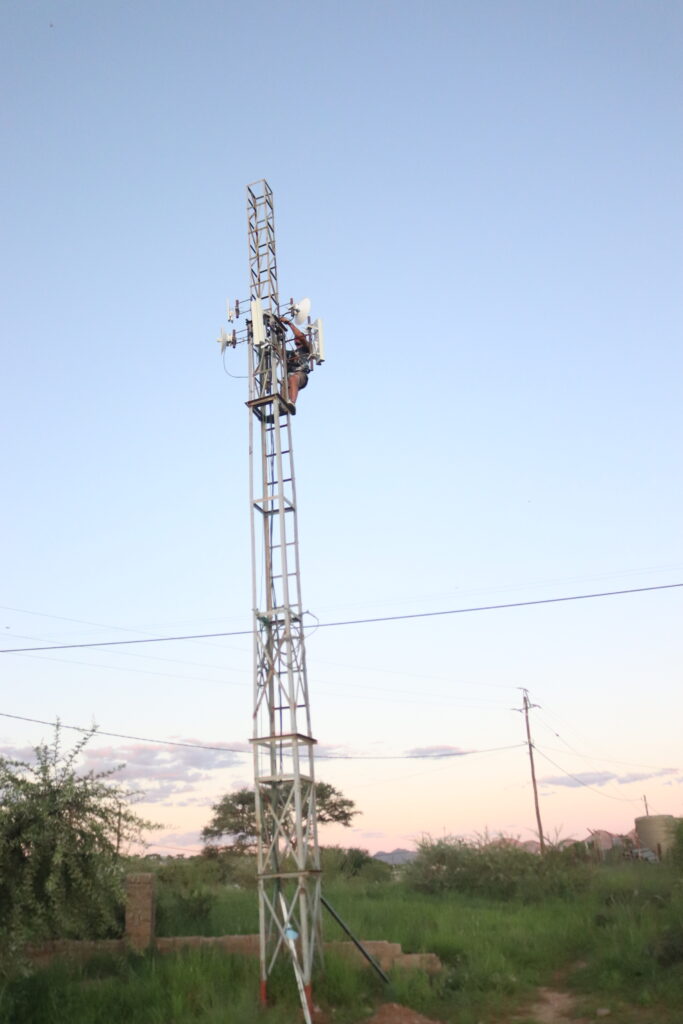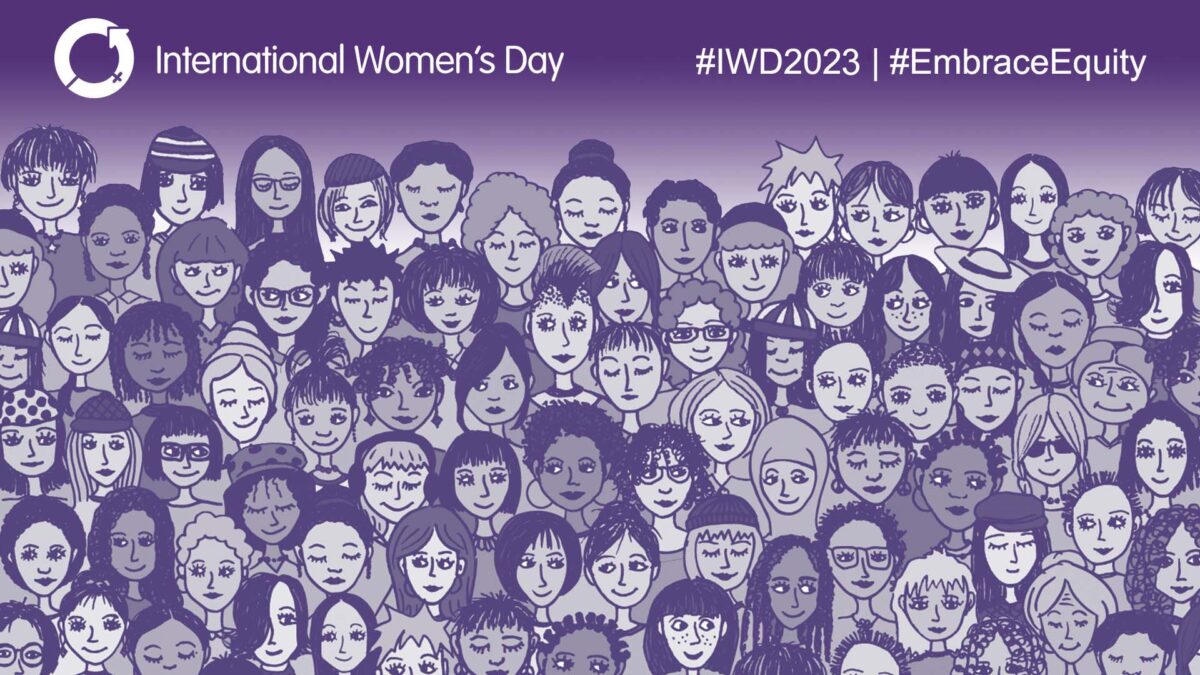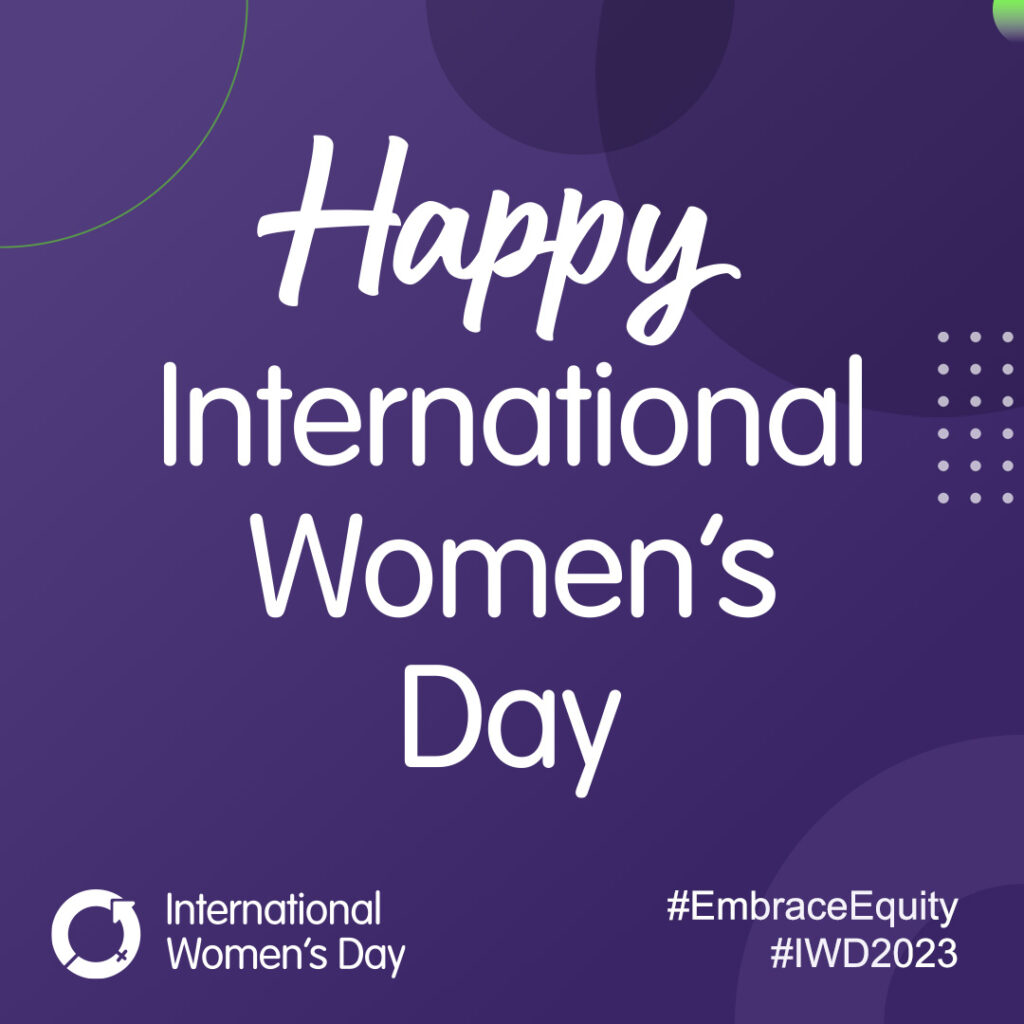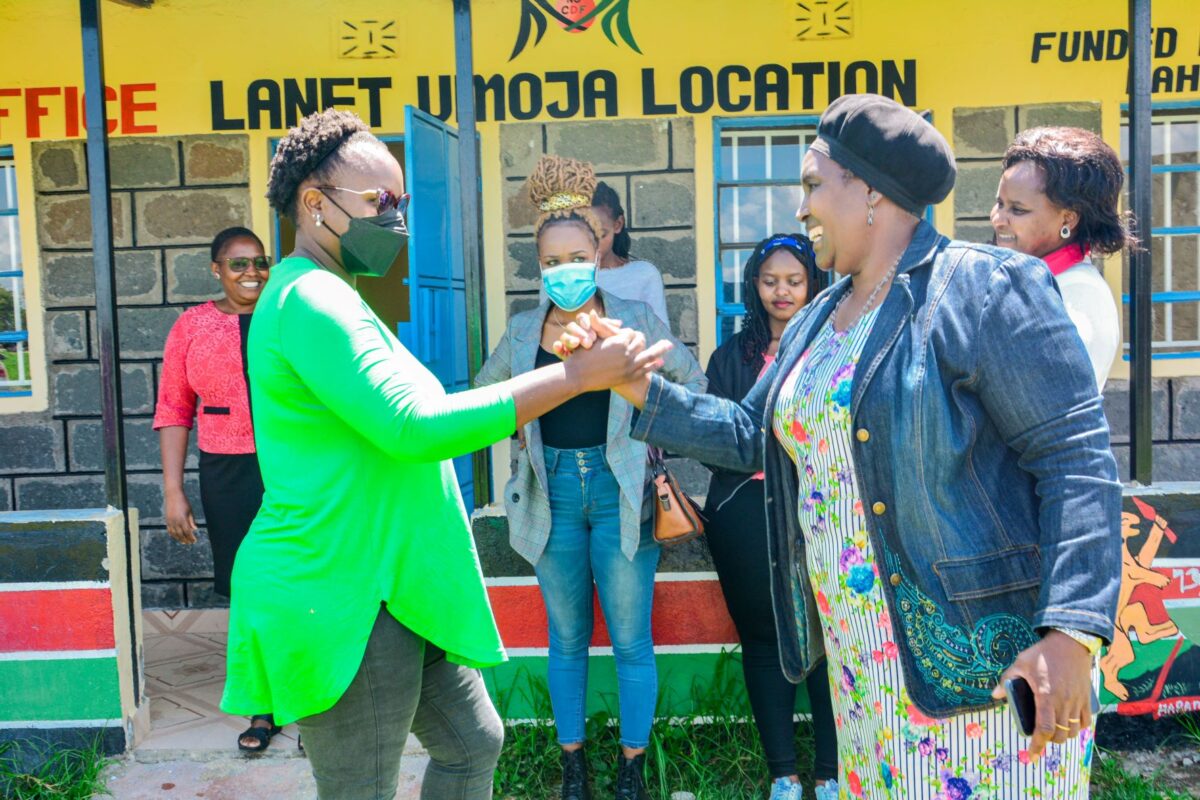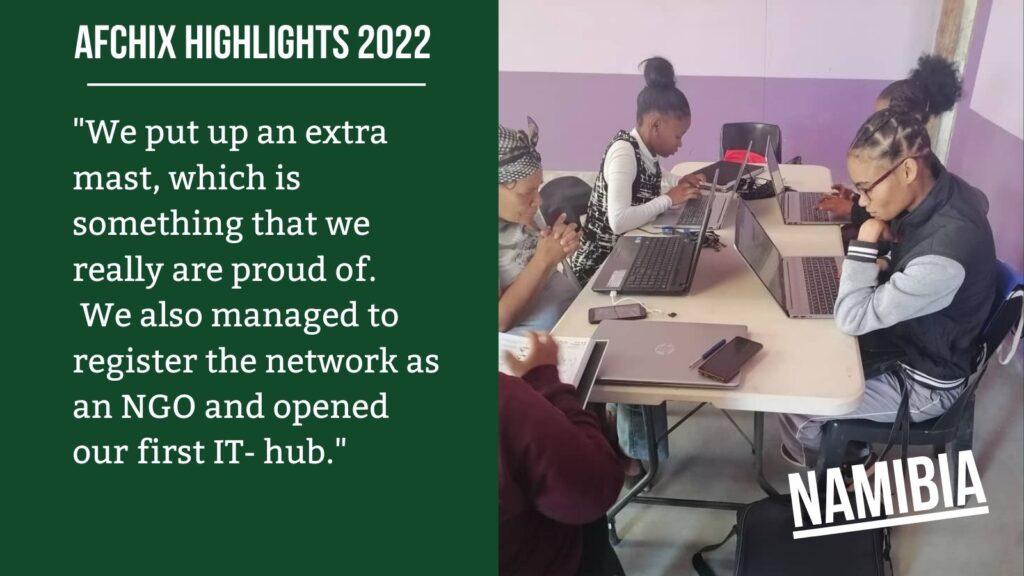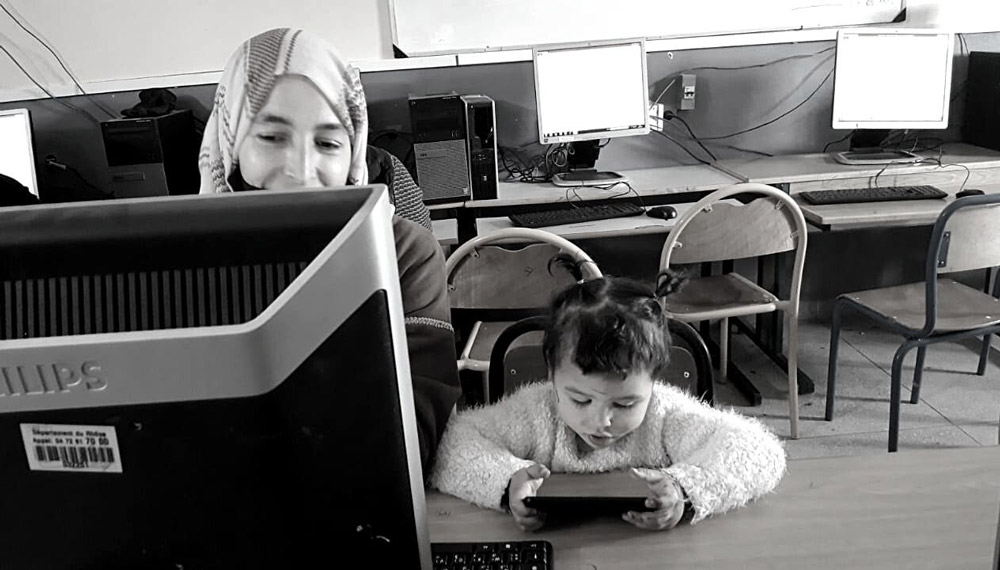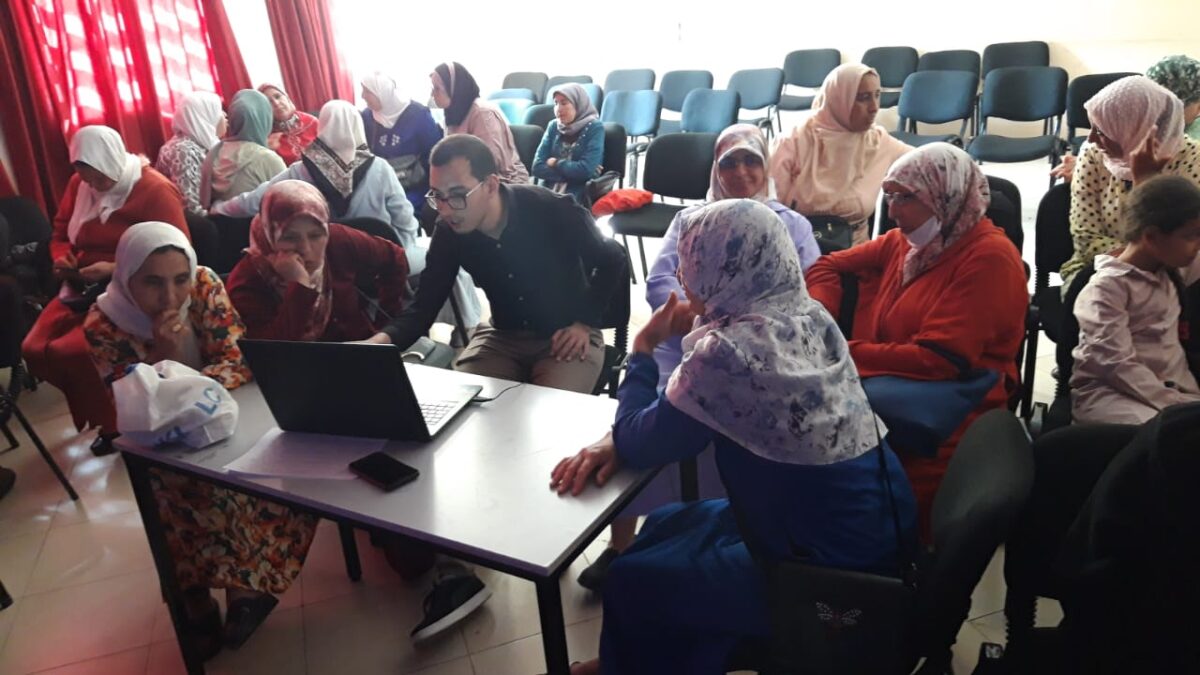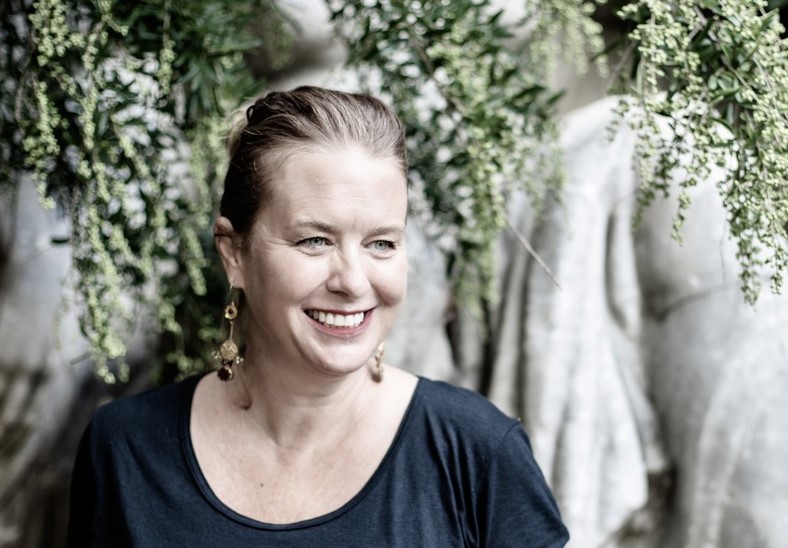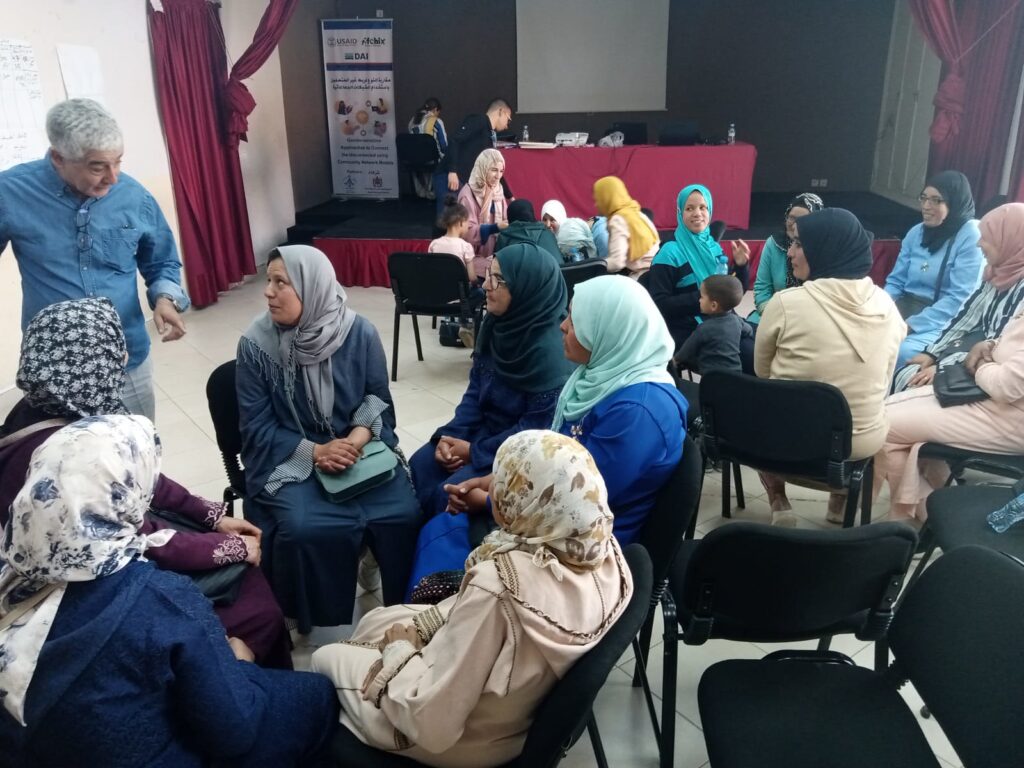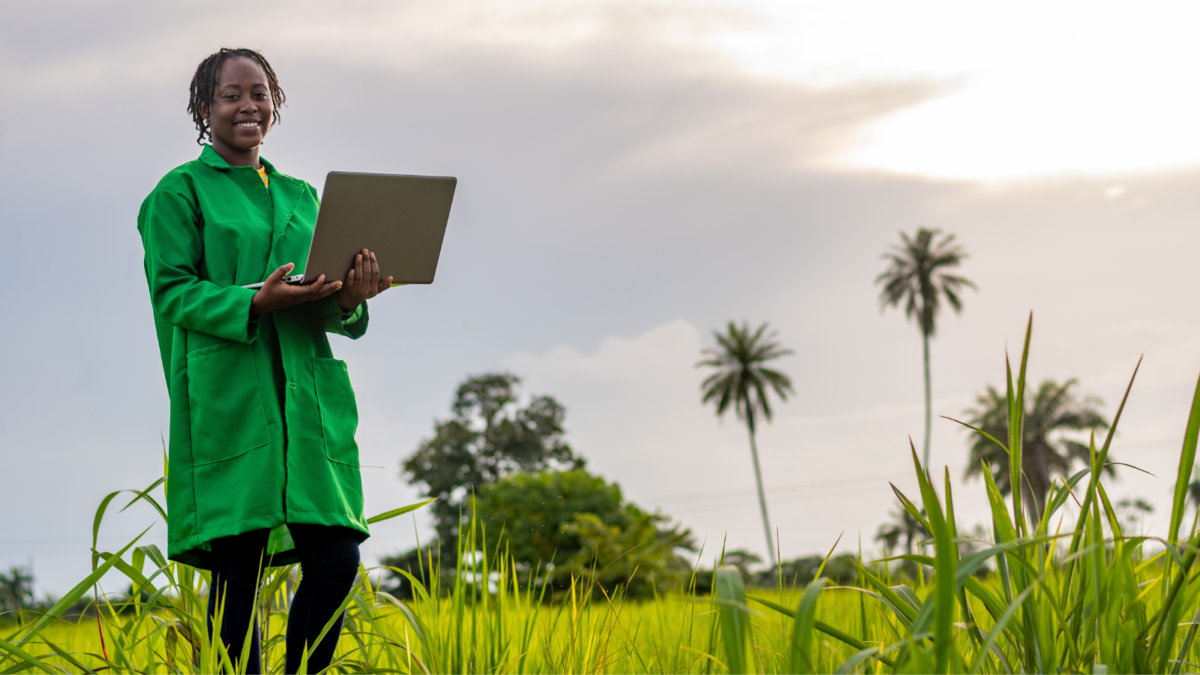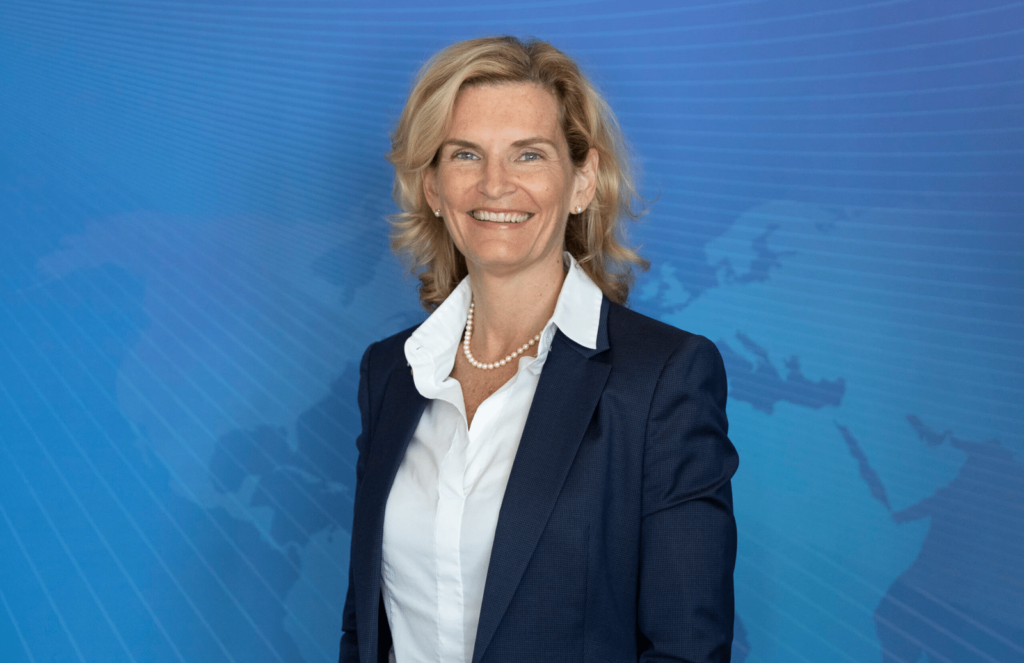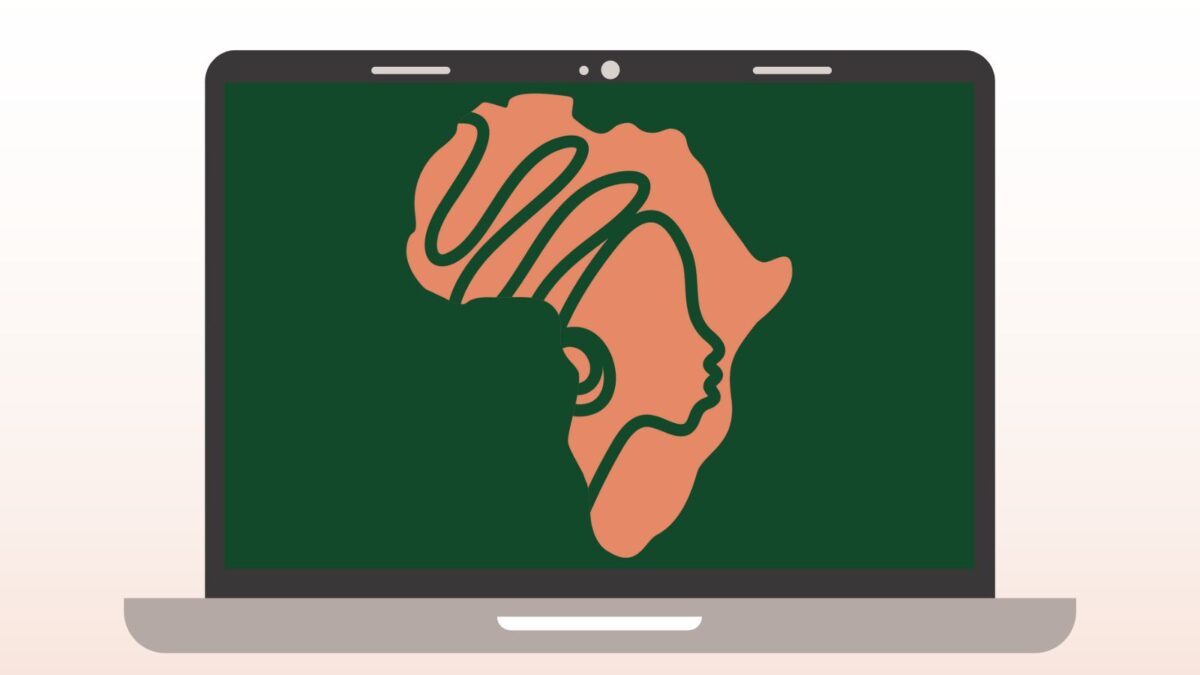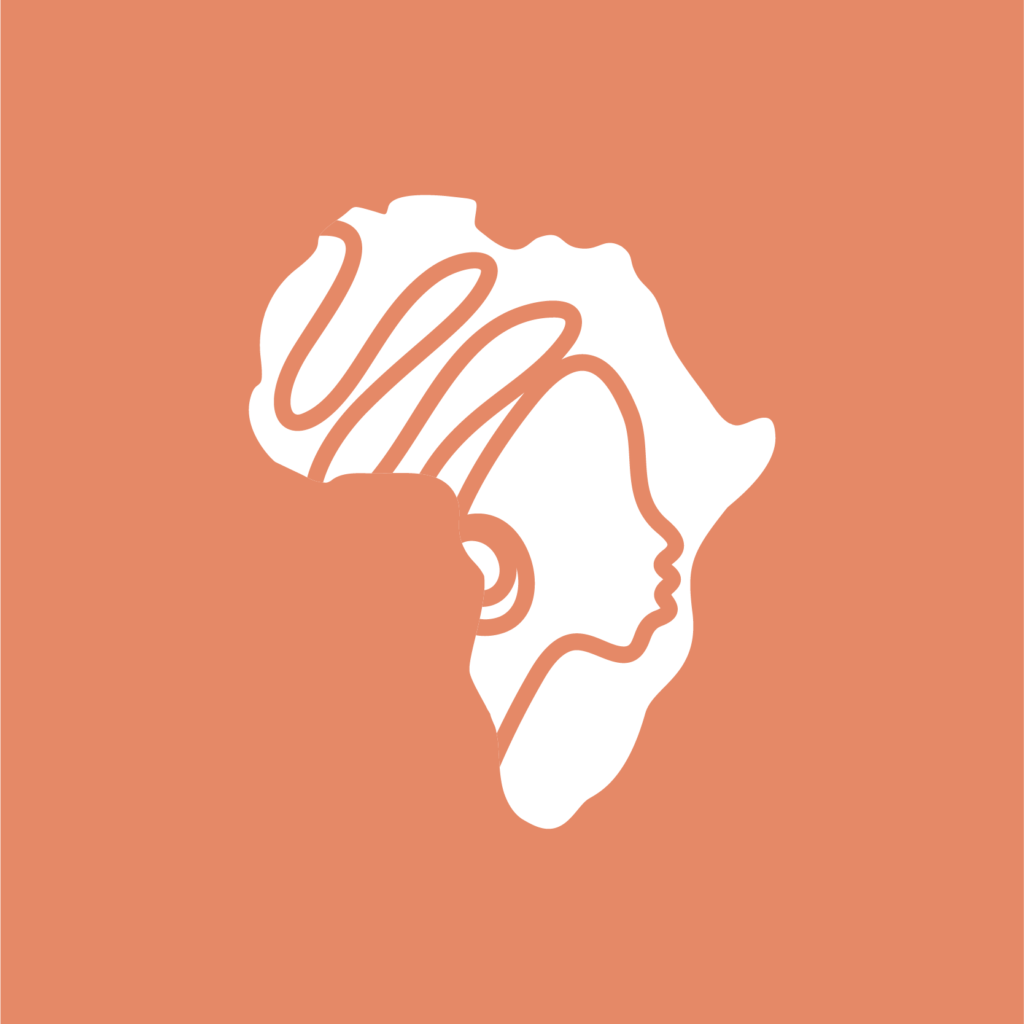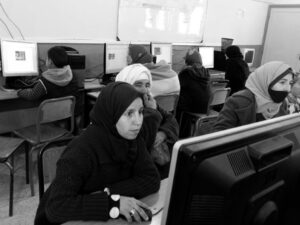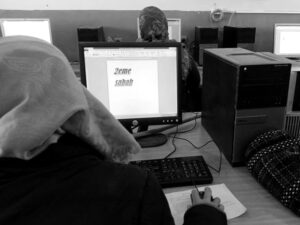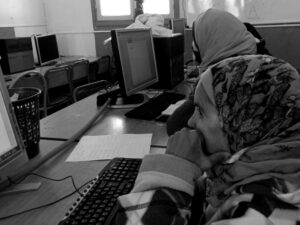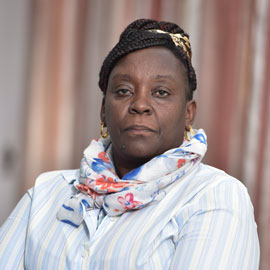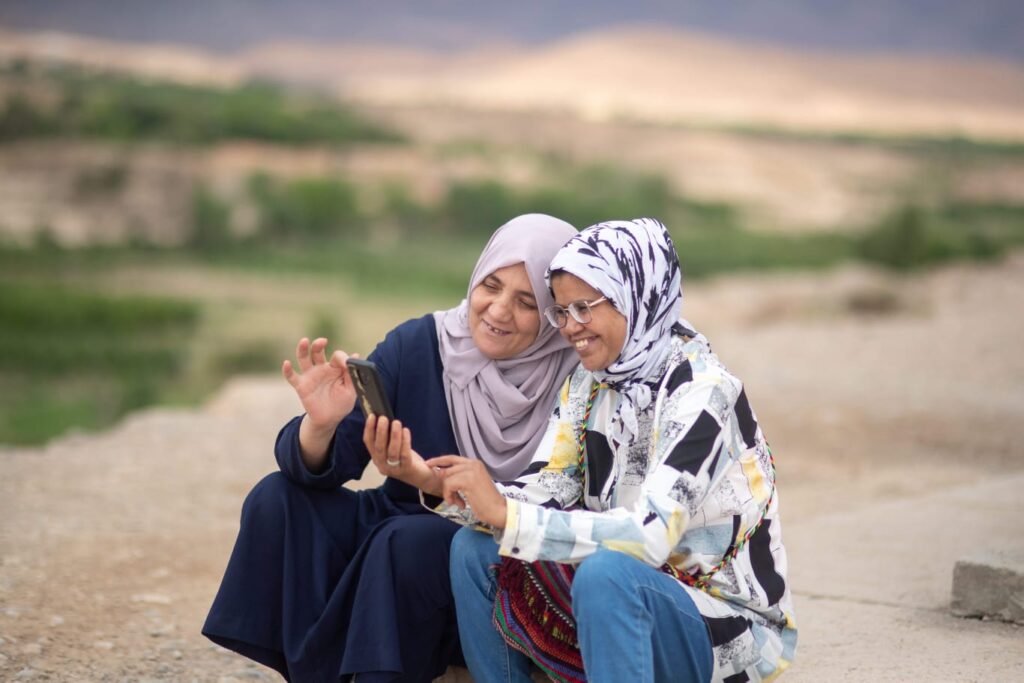
Only 45% of men in Africa are using the internet. Taken alone, this figure from a report released last year by the International Telecommunication Union is already cause for concern. Yet, what is even more alarming is that the percentage of African women using the internet is even lower at only 34%.
This means that only around three out of every ten women living in Africa can even attempt to take part in the increasingly digital global economy. The others are left further, and further behind.
Over the past five years, AFCHIX has worked to help close this digital gender gap for some of the women affected by it most severely: those living in rural communities in Africa. As a winner in the first round of the WomenConnect Challenge, launched in 2018 and funded by the United States Agency for International Development (USAID), AFCHIX began work on a project entitled “Scaling Up Women-Led Community Networks for Women’s Prosperity”. During phase one of this project, AFCHIX worked with four rural communities in Kenya, Senegal, Namibia, and Morocco to install communications infrastructure and connect several schools and a limited number of households to the internet.
When AFCHIX was chosen as a winner of the third round of the Challenge, it was able to implement a second phase of the project, this time specifically addressing the theme “Women-enabled in the Economy”. The project identified and customised digital skills and literacy training programmes for women and ensured that the CNs were transformed into fully functioning internet service providers (ISPs).
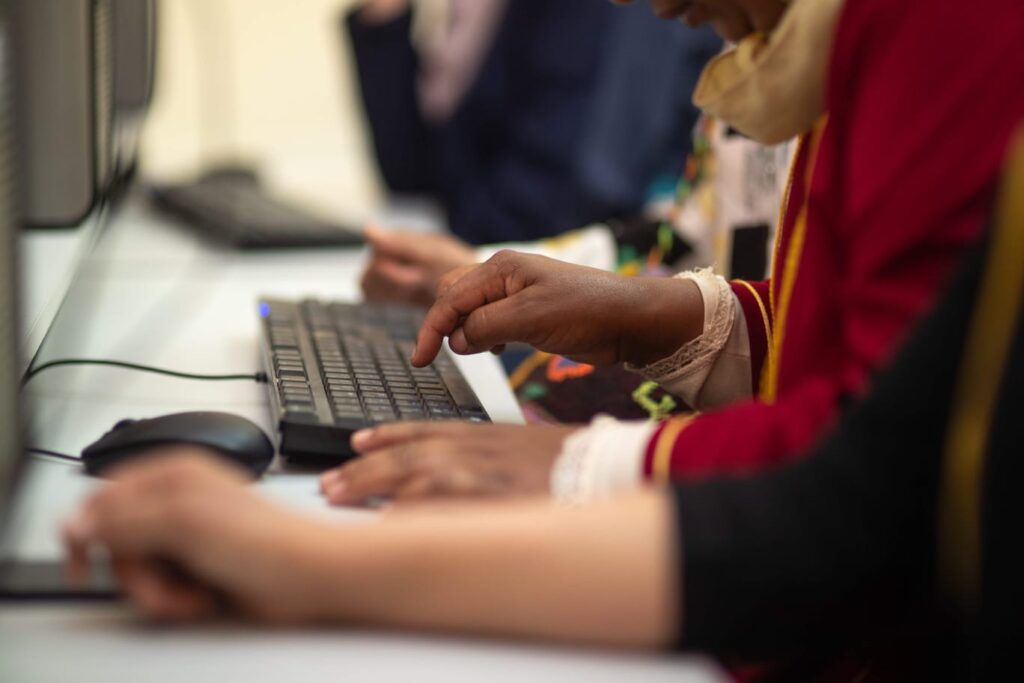
Enabling meaningful connectivity
A key part of the second phase of the project was to upgrade and expand the network infrastructure of the CNs to ensure that they could offer connectivity to a greater number of people and could be handed over to community organisations to provide affordable and reliable internet.
The Lanet Umoja Community Network (LUCN) was able to show the most growth throughout the project. At the time of project closure, LUCN had 30 active clients, comprising schools and households making use of fixed internet connections. Just over 1,430 people were accessing the internet using Wi-Fi through LUCN, while the network has the capacity to host a maximum of 2,400 fixed wireless clients in a community of around 48,000 inhabitants. It continues to add new fixed-internet subscribers.
LUCN uses schools as colocation partners and through this agreement, has brought internet connectivity to 8 local schools This has greatly benefitted the schools as they are able to meet the curriculum requirements of the Ministry of Education which has computer studies as one of the subjects learners must complete.
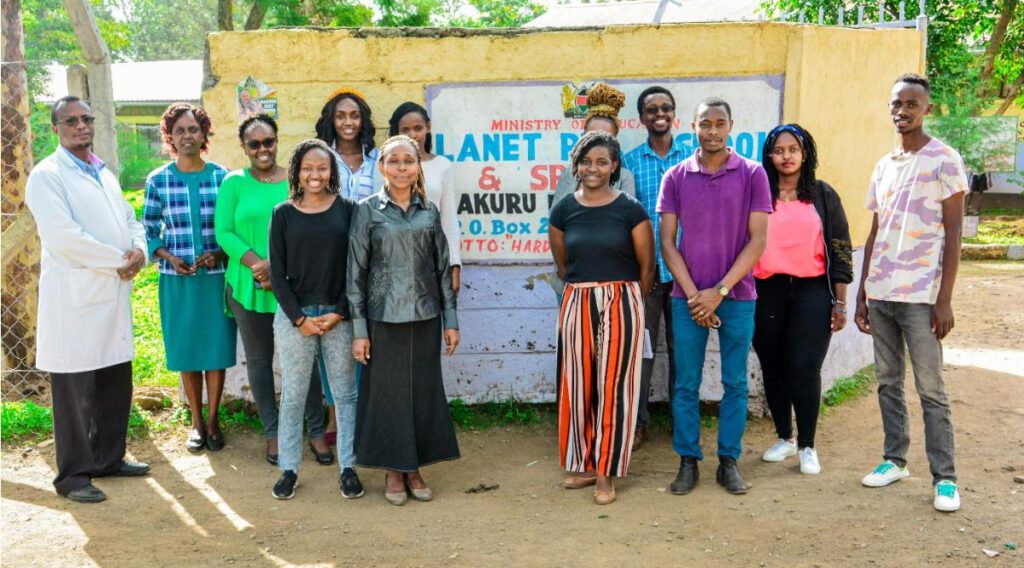
While CN created in the rural area of Ait Izdeg was not yet able to offer internet services commercially at the end of the project because of local legislation, its installed infrastructure has the potential to serve 1,500 Wi-Fi clients. Ait Izdeg has a population of more than 8,400 people living in 1,503 households. The CN was handed over to a newly formed NGO that will manage it going forward.
The Groot Aub Community Network had 30 individual active users when the project drew to a close. The CN was continuing with the planning process to be able to offer fixed installation which would attract households and businesses. With the added infrastructure, the CN can host a maximum of 300 fixed wireless clients and 640 Wi-Fi clients. Groot Aub has a population of about 6,000 living people living in 1,200 households.
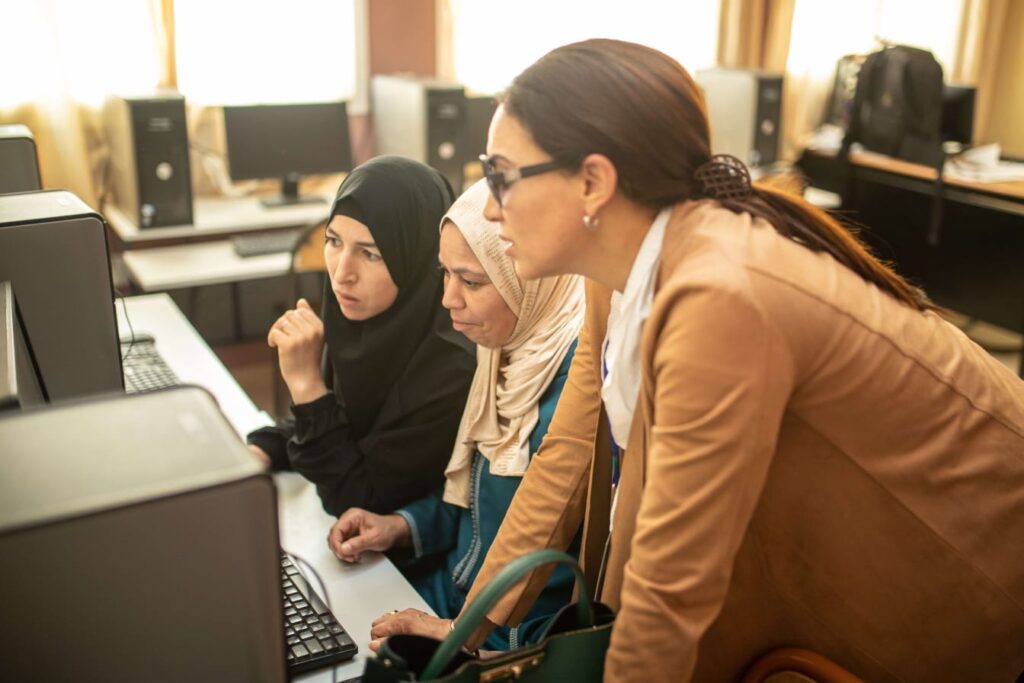
Digital literacy and training
An equally important part of the project was offering customised digital skills and literacy training programs for women within the communities. A lack of digital literacy or confidence to use technology is often cited as a key barrier to closing the digital gender divide. Throughout the project, 850 women and 19 men received training.
The training conducted in Aitz Izdeg was adapted to the needs of the community, which largely consists of farmers. Sessions on how to manage a farming cooperative were added and as a result, the women who participated have now formed a new cooperative to sell the products they produce. Some women also chose to continue beyond learning basic digital literacy and take part in digital marketing training and are now using Facebook to market and sell their products. AFCHIX even organised an exhibition event in Tetouan to give the cooperatives a platform to showcase their products.
The CN training and internet provision in Groot Aub has likewise enabled participants to learn how to create social media pages to market their small business by helping to create pages for their business and use them for marketing. The training also included teaching participants how to use email and the basics of using Microsoft Word and PowerPoint, helping them to create a Curriculum Vitae to help them when job hunting.
Ultimately, the training resulted in a cadre of women who had been empowered to have access to information, education and economic resources to participate in the digital space and open up opportunities for employment, business, and social engagement.
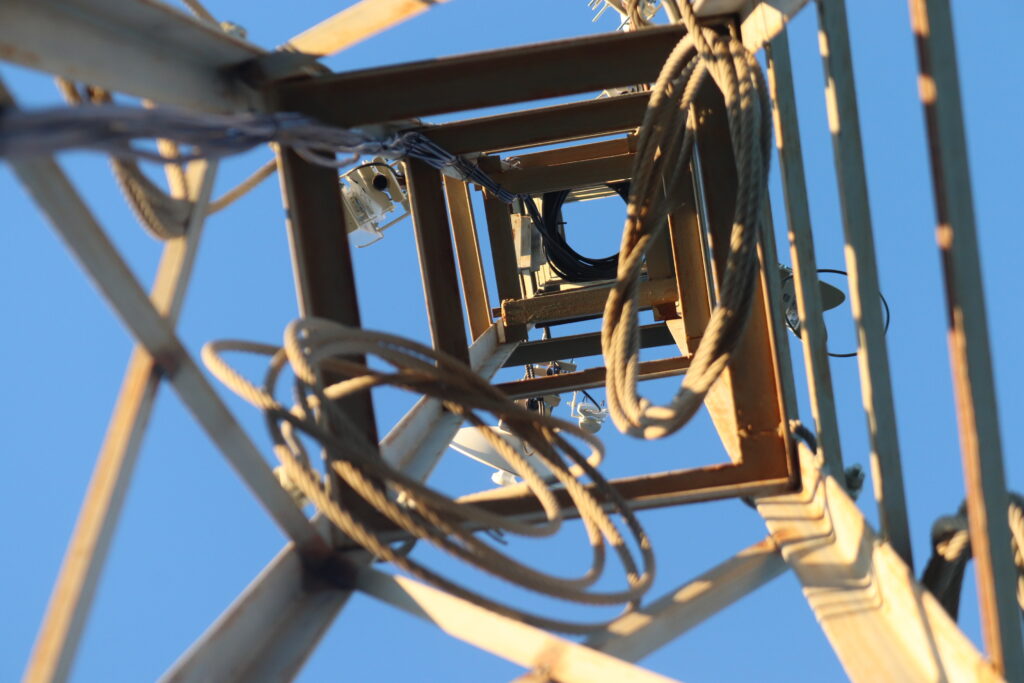
Empowering women to lead
AFCHIX’s gender-sensitive approach to creating CNs meant that these networks were designed to be led by women at the grassroots. The CNs were intentionally led by women to expose them to leadership roles, proving to their communities and themselves that women can use technology and even take the lead in connecting their communities. AFCHIX provided tools, mentoring, capacity-building and leadership training sessions to help enhance the women’s confidence and skills before the CNs were handed over to the local communities at the end of the project.
Through the creation of these CNs, AFCHIX has helped to plant the seeds of an entrepreneurship ecosystem, previously unimaginable for women in rural communities. By leveraging community networks and digital training, we have unlocked opportunities for women, allowing them to build skills, access resources, and generate revenue. This has not only contributed to individual growth but also positively impacted the local economy.
As we hand each of these networks over to the communities that helped us to create them, we hope that the equipment now present and visible in these communities does more than facilitate internet connectivity. We hope that they will also serve as symbols of lasting change and reminders of just how much women can achieve in given an enabling environment.
